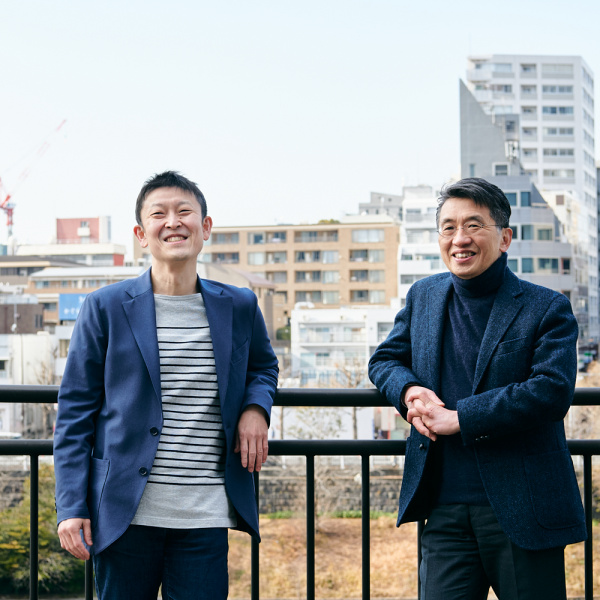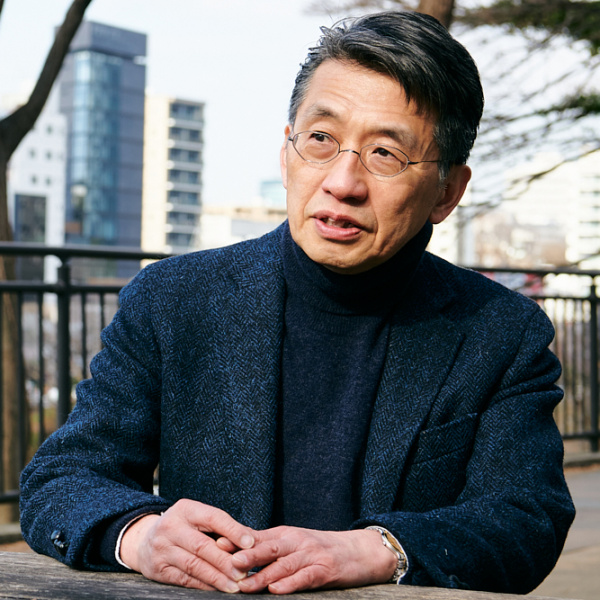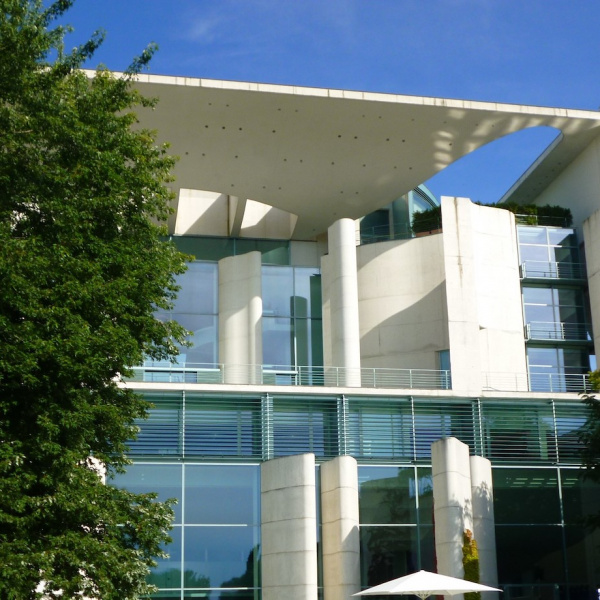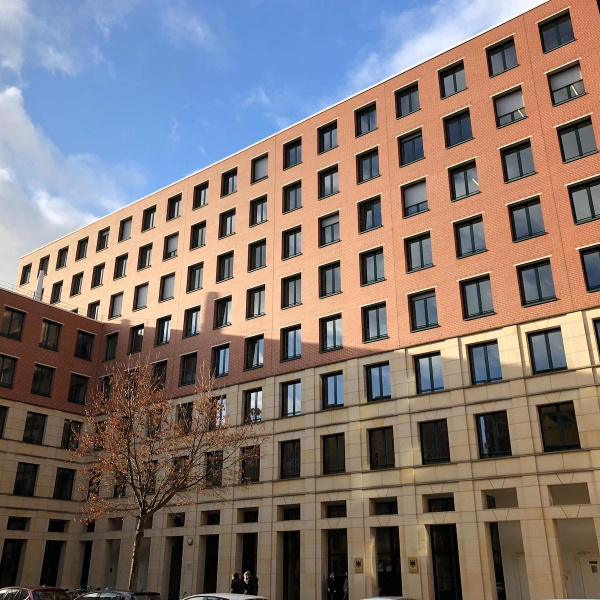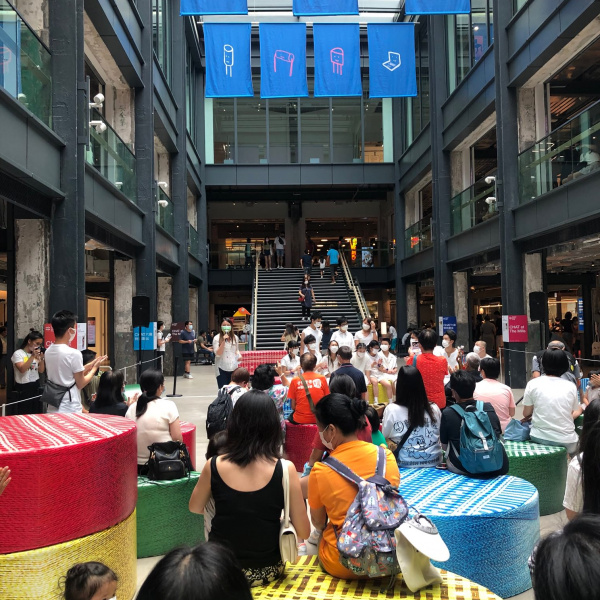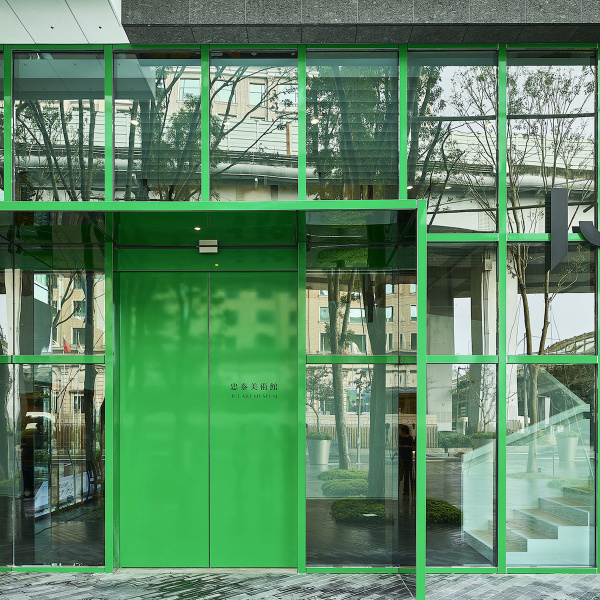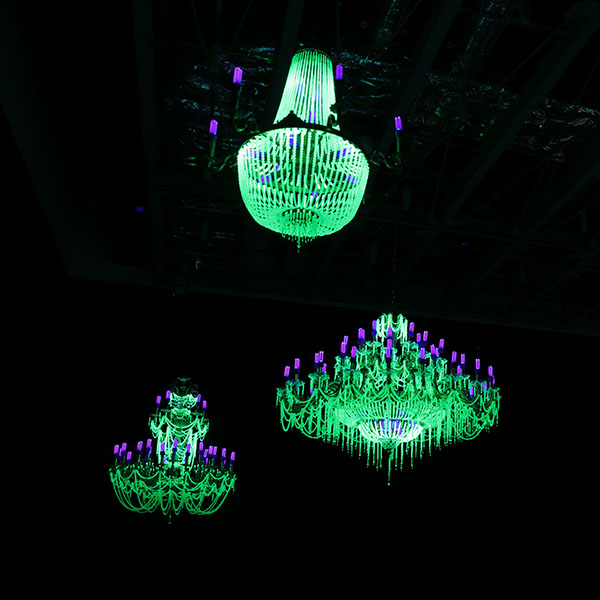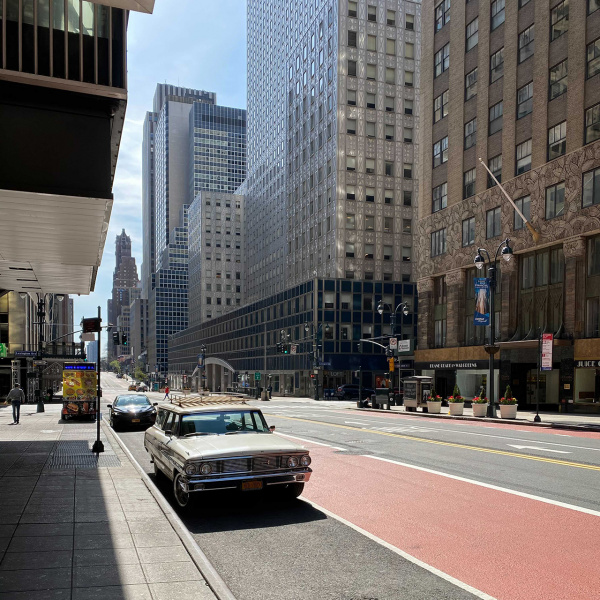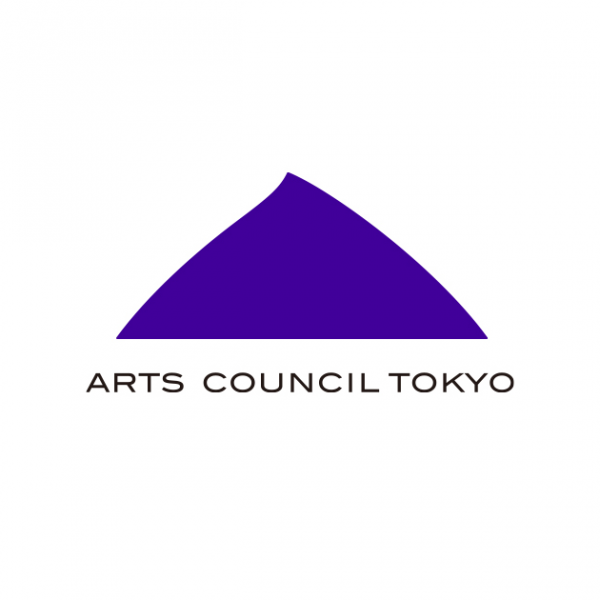Case06
Reflections: Preparing fertile ground for culture beyond the COVID-19 pandemic (Part 2)
Shunya Yoshimi
Concerning the situation in Japan, Professor Yoshimi pointed out that the COVID-19 pandemic brought into relief the weak position of arts and culture in society and the insufficient awareness of “professional roles.” He also said that, as we move beyond the “anti-artistic” situation prohibiting direct contact and interaction, it will be important to think about “being together”; and that, on this basis, Japan’s challenge will be to build a consciousness that prepares fertile ground for culture. His observations in this time of crisis offer us wide-ranging ideas and suggestions for a fundamental approach to the arts and culture.
Case06
Reflections: Preparing fertile ground for culture beyond the COVID-19 pandemic (Part 1)
Shunya Yoshimi
With columns written by experts in various fields, the “Arts on the Globe” series reports on movements in the arts and culture around the world during the COVID-19 pandemic. To close this series, we welcomed Shunya Yoshimi, sociologist and professor in the University of Tokyo’s Graduate School of Interdisciplinary Information Studies. Speaking with Professor Yoshimi is Toshiro Mitsuoka, supervising editor of this series and a professor in the Faculty of Communication Studies at Tokyo Keizai University.
CASE05
The Outlook for Japan through the lens of Germany’s pandemic-related cultural policy (Part 2)
Yuki Akino
There is no denying that inaccurate information about cultural assistance in Germany contributed to the diffusion of a larger-than-life, idealized image. *1 Setting this aside, though, another aspect of Germany’s pandemic-related cultural policies contributed to the positive image of those policies in Japan: Monika Grütters’ many remarks linking culture and democratic society.
CASE05
The Outlook for Japan through the lens of Germany’s pandemic-related cultural policy (Part 1)
Yuki Akino
“From material wealth to wealth of the heart and mind.” This tired formula is repeated automatically when the evolution of Japan’s postwar cultural administration is discussed in a historical context.
CASE04
Hong Kong: What Opportunities Does COVID-19 Offer the Arts?
Mizuki Takahashi
Between the protests of 2019, the COVID-19 pandemic that followed hot on its heels, and the national security law introduced in the midst of all this, Hong Kong has experienced a period of dizzying social change.
CASE03
Taiwan: The State of museums in Taiwan amid the COVID-19 pandemic
Huang Shan Shan
At the end of 2019, a strange spate of infections from an as-yet unidentified virus came to light in Wuhan, China. Having had a painful experience with SARS (severe acute respiratory syndrome), the Taiwanese government promptly stepped up its vigilance, held a press conference about the infection on December 31, and began quarantining travelers from Wuhan on the same day.
CASE02
Art in the Face of COVID-19 – Australia
Julia Yonetani
History moves slowly, then all at once, and we are all swept up in its tide.
CASE 01
USA: Changes Wrought by the Pandemic, Changes Progressing Despite the Pandemic
Kosuke Fujitaka
On March 4, 2020, the VIP preview of New York’s foremost art fair, the Armory Show, took place much as it had in previous years.
Introduction
Our way of life has been transformed by the ongoing coronavirus pandemic that began in 2020.You could say that the social impact of coronavirus has been particularly significant because it relates to the most fundamental aspect of everybody life: communication. In other words because it is a virus that spreads through the process of meeting people and conveying something to them.


